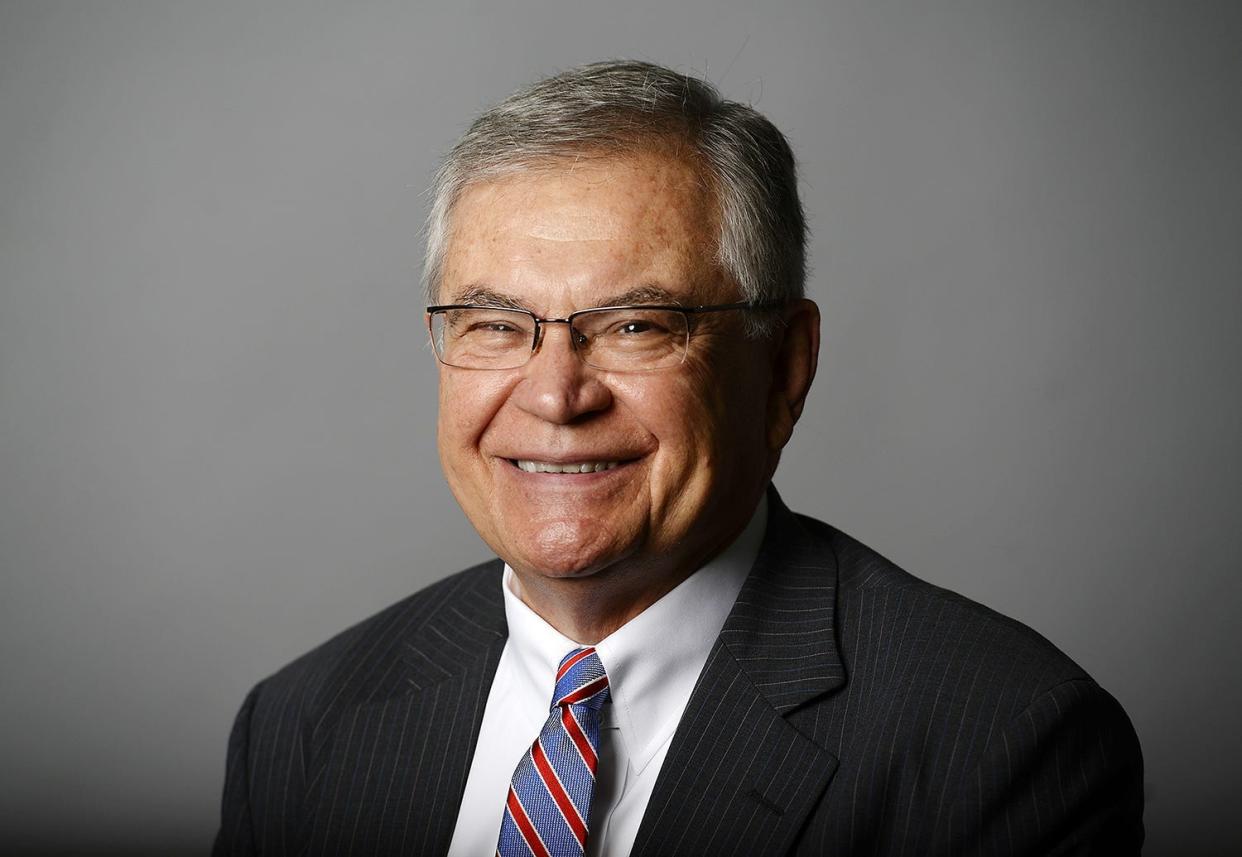Bernie Rabik: It’s all about why you do what you do

- Oops!Something went wrong.Please try again later.
Motivation, why you do what you do, is another piece of the pie to be served.
Let me tell you about Helen Keller, the quintessential example of motivation’s power – who can be viewed as almost approaching the divine.
Young Helen Keller, blind, deaf and dumb since infancy, is in danger of being sent to an institution because her inability to communicate has left her frustrated and violent. In desperation, her parents seek help from the Perkins Institute, which sends them a “half-blind Yankee school girl” named Annie Sullivan to tutor their daughter.
Despite the Kellers’ resistance and the belief that Helen “is like a little safe, locked, that no one can open,” Annie suspects that within Helen lies the potential for more, if only she can reach her. Through persistence, love and sheer stubbornness, Annie breaks through Helen’s walls of silence and darkness and teaches her to communicate, bringing her into the world at last.
The motivation I have in mind is essentially an inner phenomenon, something which exists in the living person distinct from any outward choices of alternatives which we so often think of as constituting motivation – psychological freedom of choice.
I refer to the species of motivation which Viktor Frankl vividly and eloquently articulates in his experience while in a Nazi concentration camp: “We who lived in concentration camps can remember the men who walked through the huts comforting others, giving away their last piece of bread. They may have been few in number, but they offer sufficient proof that everything can be taken from a man but one thing, the last of human motivation – to choose one’s attitude in any given set of circumstances, to choose one’s way.” V. Frankl, Man’s Search for Meaning: An Introduction to Logo-therapy, (Boston, 1962), p. 62.
This motivation is more than the absence of external pressures. It is the presence of something. It is the burden of being responsible for the person one wishes to be – for example, those using guns to murder innocent victims – too many to list.
It is the recognition of a person that he or she is an emerging process, not a static end product. It is always a becoming, a growing.
Helen Keller was spot on: “When we do the best we can, we never know what miracle is wrought in our life, or in the life of another.”
Bernard Rabik, a Hopewell Township attorney, is a columnist for The Times.
This article originally appeared on Beaver County Times: Rabik: It’s all about why you do what you do

